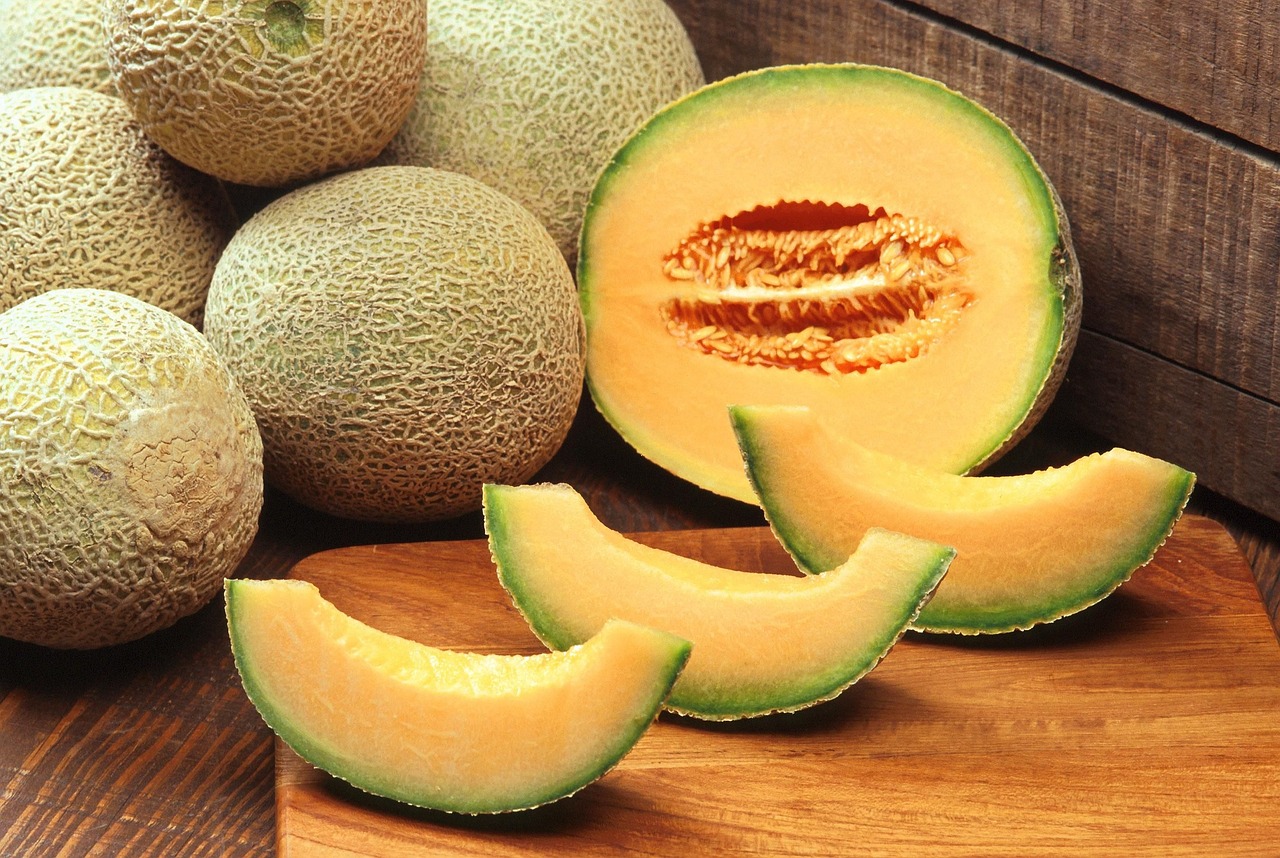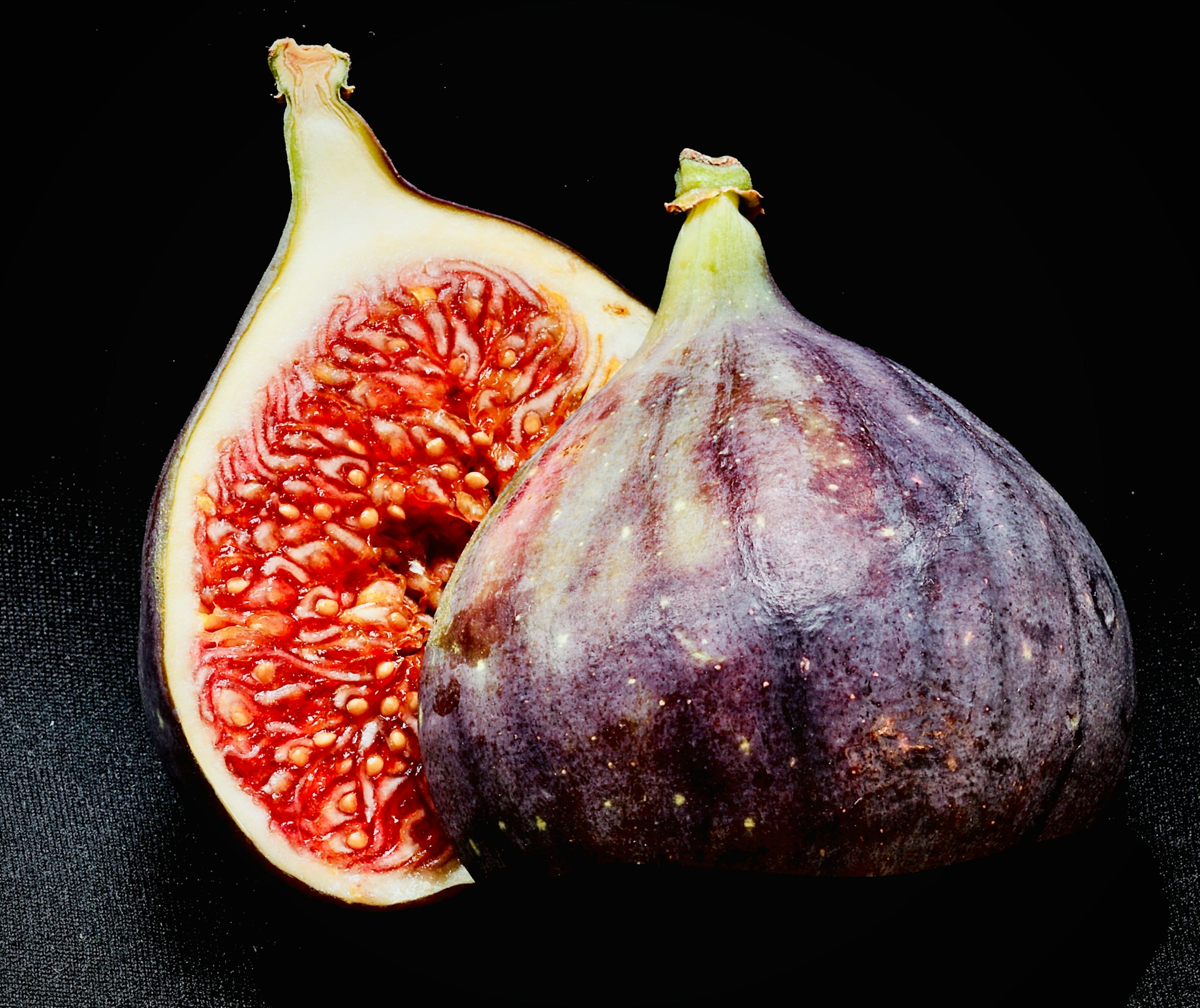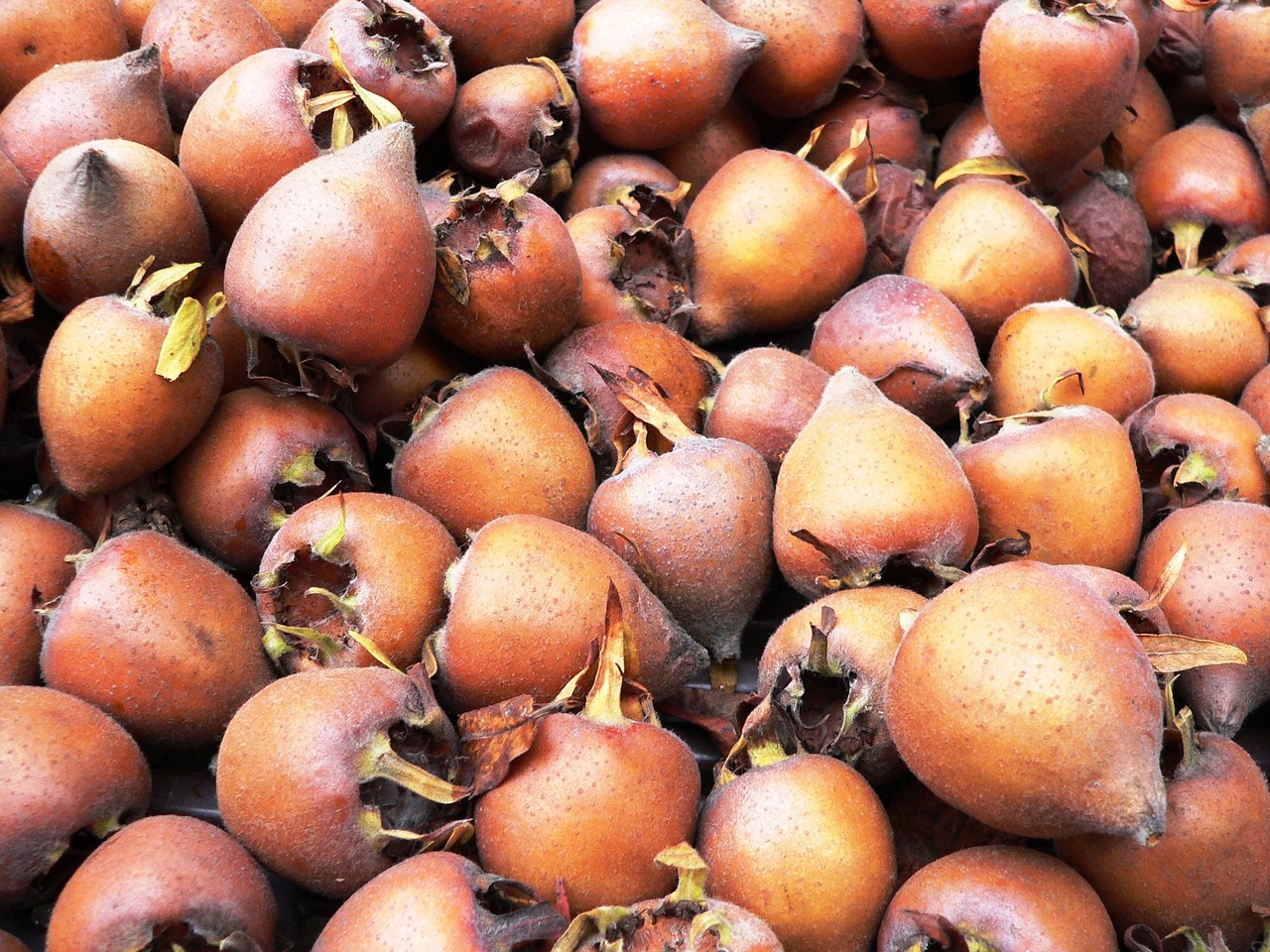Health Benefits of Cantaloupe
With a soft texture and sweet flavor, Cantaloupe is a popular breakfast food. Cantaloupe is round or oval in shape and has rough and scaly skin. The texture is soft and comes in colors like yellow and orange. It is a healthy fruit with low calories and a lot of vitamins and minerals. This fruit is believed to have originated in ancient Persia or India. You can find them in most supermarkets year-round. Because of the rich content of water is great for refreshing on hot summer days. Without a doubt Cantaloupe is a very nutritious fruit with many health benefits for your overall body, so let’s see some of the health benefits.
According to some researchers, one cup of cantaloupe contains over 50 % of the recommended daily needs of vitamin C. We know that vitamin C is a powerful antioxidant, and immune booster and protects the body from various infectious elements. Vitamin C also supports the formation of collagen a protein that provides elasticity and fullness to the skin.

Excellent for weight loss because of high fiber content. Foods rich in fiber take a long time to enter the digestive tract, thereby keeping you full for a longer time. Preventing overeating by slowing the digestion process, and you will not need to snack in between meals because this bulky food takes up a lot of room in your stomach. Also because it is high in fiber helps to prevent constipation promote regularity and maintain a healthy digestive tract.
Cantaloupe is rich in beta carotenes. These beta carotenes get converted into Vitamin A which helps in maintaining healthy eyesight, preventing cataracts, and improving vision.
Stimulates hair growth because this fruit contains inositol (a form of Vitamin B) required to control hair loss and stimulate hair growth.
Cantaloupe is rich in potassium, an important mineral that can help to decrease blood pressure. Getting enough potassium is almost as important as decreasing sodium intake for the treatment of hypertension – high blood pressure. Foods that are high in potassium include cantaloupe, tomatoes, pineapple, oranges, banana, and spinach, also are associated with a reduced risk of stroke, protection against loss of muscle mass, preservation of bone mineral density, and reduction in the formation of kidney stones.
A variety of anti-inflammatory phytonutrients like chlorine are contained in Cantaloupe. They help to reduce inflammation and also help assist in the absorption of fat and transmission of nerve impulses.














Post Comment